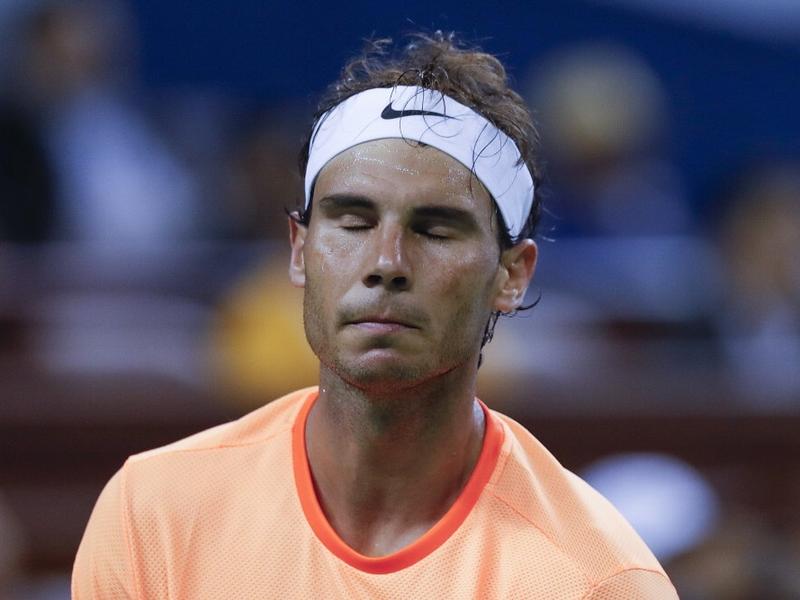Having confidence in what you do is imperative to being able to perform at your best and is therefore essential for elite professionals in all walks of life. Think of any highly decorated tennis player - Graf, Navratilova, Williams, Federer, Djokovic, Nadal. One thing they all have or had in common is confidence. The greatest players ooze confidence when they’re at their best. So what is it? And how do you get it?
lack of emotional support will never result in a child that is happy and confident on the court
As a junior I was baffled by this concept. I was a decent player and worked hard, but knew I was rarely able to perform at my best because I lacked confidence, but I didn’t know why. Over the years, I’ve come to realise that confidence comes from being well prepared for the task at hand, and that in tennis this means more than just hitting hundreds of balls in practice. It means being exposed to match conditions as much as possible. This could be a drill or a practice match that aims to simulate real competition, but the best way to learn to cope with the pressure of a competitive match is to simply play a lot of them, to make it second nature. That’s why as a coach I get irked by parents that regard their child losing a competitive match as a failure, and pull them out of further competition claiming they are “not ready.” The child is typically not bothered by the loss… but the parent simply can’t swallow their pride.
 A prerequisite for having confidence, which is often overlooked, is being emotionally stable and secure. This is particularly important with children, because the less life experiences a person has had the more reliant they are on others for support. If parents focus on the results of their child’s matches rather than their efforts, and berate the child for their losses, not only does it send the wrong signal but the lack of emotional support will never result in a child that is happy and confident on the court. Emotional stability doesn’t just apply to children. Take a player like Nick Kyrgios. He has immense talent, but it’s clear he won’t reach his potential until he overcomes his inner demons.
A prerequisite for having confidence, which is often overlooked, is being emotionally stable and secure. This is particularly important with children, because the less life experiences a person has had the more reliant they are on others for support. If parents focus on the results of their child’s matches rather than their efforts, and berate the child for their losses, not only does it send the wrong signal but the lack of emotional support will never result in a child that is happy and confident on the court. Emotional stability doesn’t just apply to children. Take a player like Nick Kyrgios. He has immense talent, but it’s clear he won’t reach his potential until he overcomes his inner demons.
We can see other examples of the impact of confidence, or lack thereof, on the pro tour today. Nadal, who has been struggling for some time now, has claimed he simply needs to regain confidence to get back to where he was. He says he needs to regain his big forehand and get his feet moving faster so he can hit more of them. That may be true… but if, at 30 years of age, Rafa is going to continue to rely on his very physical style of play going forward, perhaps the confidence he’s looking for will continue to elude him. On the other hand, Dominic Thiem is having a dream season. He is co-leader with Djokovic for match wins (56) and is streets ahead of the pack when it comes to his record in deciding sets, 21-1. A remarkable turn around from last season when he lost more than he won. Thiem puts it down to luck, preparation and confidence: he put in the work, had some luck at the start of the season and then suddenly found himself on a roll and full of confidence!
So whether it’s in sport or business, prepare as well as you possibly can, surround yourself with supportive people, and when it’s showtime enjoy the moment as you perform at your peak.